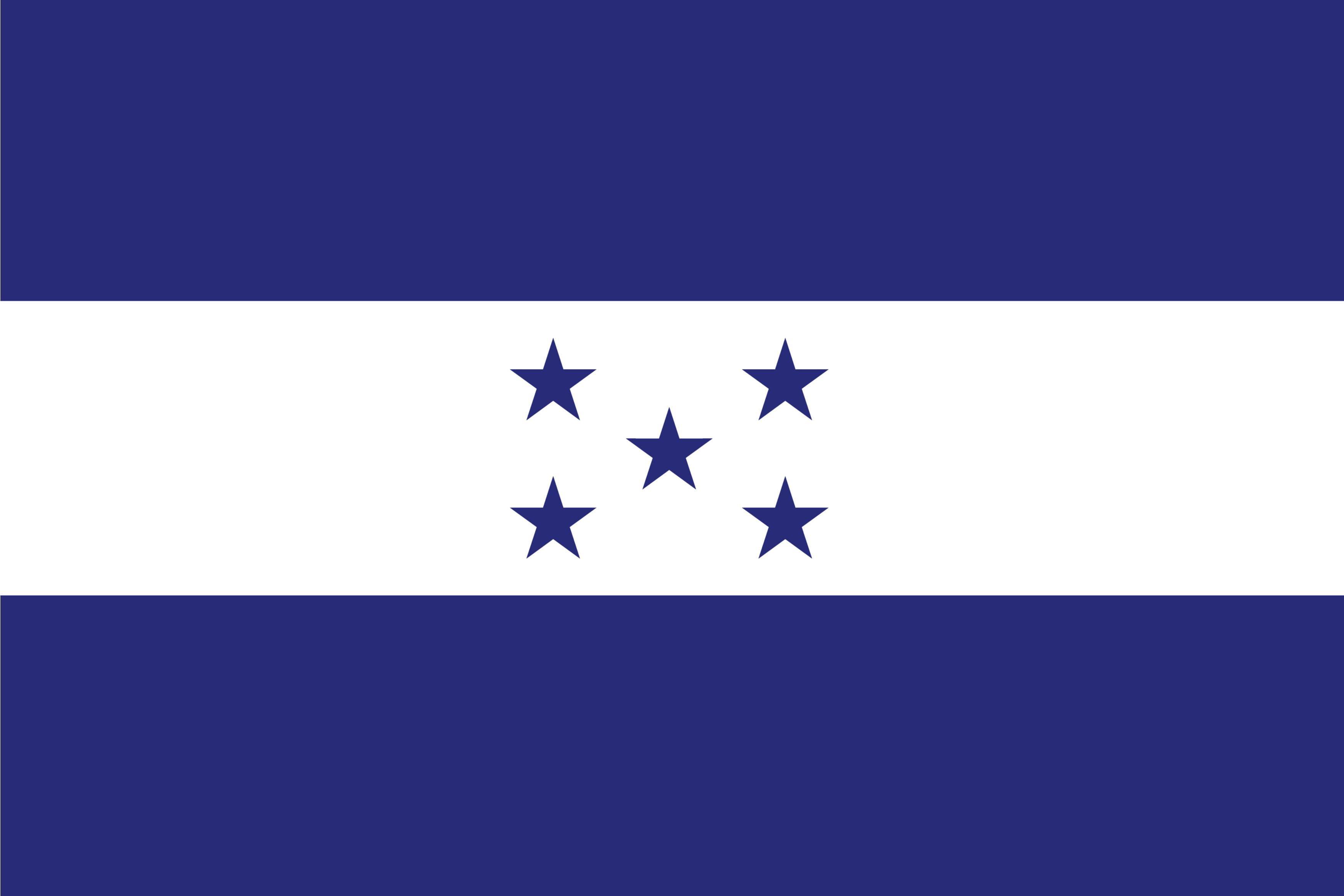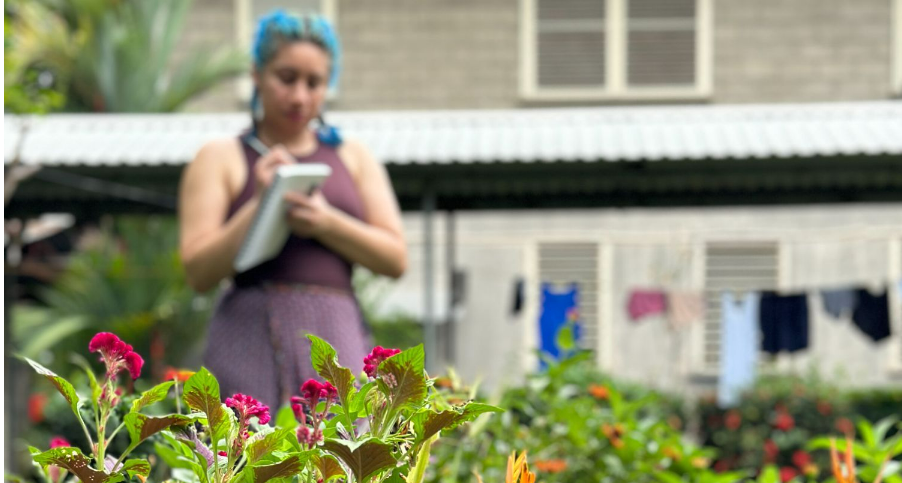In the Cleveland immigration court in May 2023, nationals of Venezuela ranked #1 of all new deportation cases filed by the Department of Homeland Security against Latin Americans. Since the beginning of Fiscal Year 2022, the number of Venezuelans has been right up there with Guatemalans, Hondurans, and Mexicans. So what is driving so many Venezuelans to Ohio?
In this month’s Migrant Justice Newsletter, please read about: 1-Immigration Court in Cleveland, OH, 2-ICE Air: Update on Removal Flight Trends, 3-Cruelty at the Border Is Not Success, 4-At the Border: Recent Incidents at and around the US-Mexico Border, 5-Halfway to the US: A Report on Migration from Honduras, 6-Venezuelans: How US Sanctions Are Driving Migration North to the US, 7-Asylum in Limbo – a book review. Then see our TAKE ACTION items: A) Follow the Biden Deportations Tracker, B) Tell Senator Sherrod Brown to take his name off Sen. Kyrsten Sinema’s anti-asylum bill!, C) Urge Your Congressperson to Support the American Families United Act (now called Dignity Act), and D) Restoring Asylum and Dignity for Immigrants – webinar July 12, 7-8pm EDT.
Even though Title 42 ended on May 11, removal flights to El Salvador and Honduras increased in May. And in Cleveland’s immigration court (EOIR), new deportation cases filed in May were up 1200 over the previous month, due mainly to the government filing cases against 1278 migrants from Mauritania and another 888 against migrants from Uzbekistan. The top nationalities (from Latin America/Caribbean) with new deportation proceedings filed in Cleveland in May: Venezuela (450), Mexico (278), Colombia (209), Guatemala (195), Haiti (160), Honduras (159), Peru (135), Nicaragua (77), El Salvador (47).
Read IRTF’s June 2023 Migrant Justice Newsletter at: https://www.irtfcleveland.org/blog/migrant-justice-newsletter-june-2023






